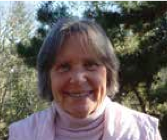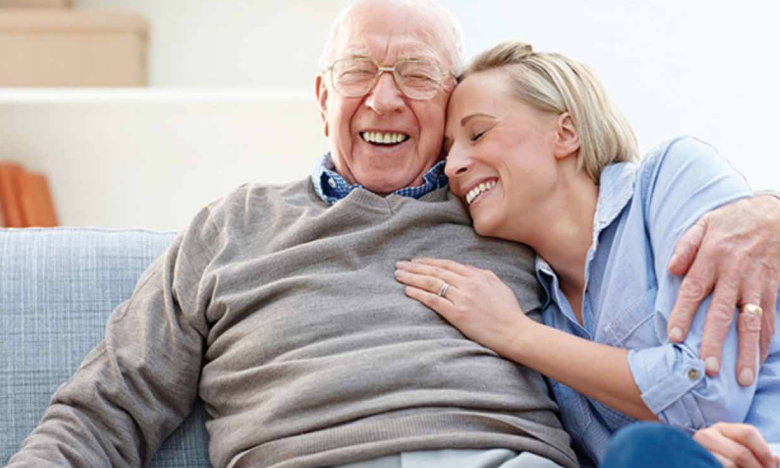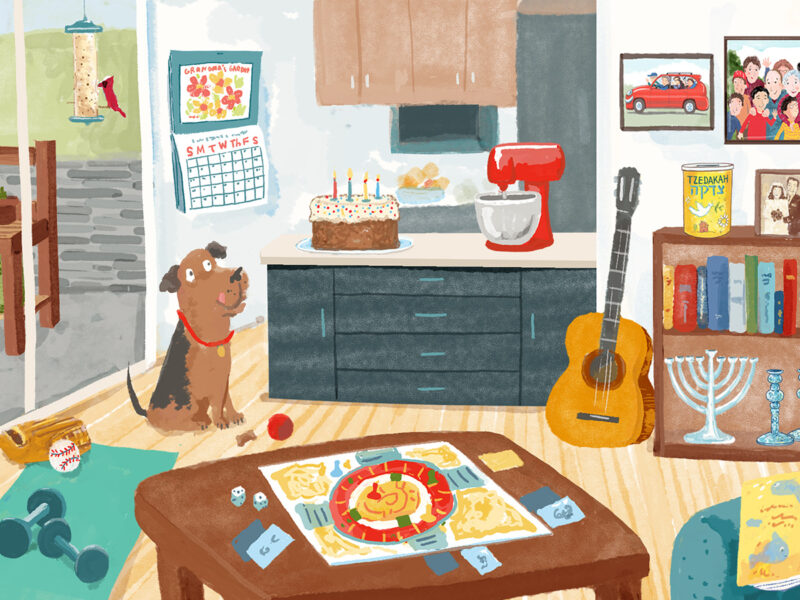
OK, it’s 2014, you’ve just moved to the Portland metropolitan area and you’re looking for Jewish community. A congregation? Hebrew school? Community service? Heck, even a book club?
You have your choice of 18 congregations and cultural affiliations, according to the 2013-14 Oregon Jewish Life Resource Guide. That is for a metro Jewish population estimated at 47,500 by a 2008-10 demographic survey. Now imagine instead that it’s 1988 and you’ve moved to Roseburg. That’s when Los Angeles residents Rhoda Mozorosky and her husband, Allen, retired and decided they wanted to live in the country. They discovered Roseburg while on a road trip and fell in love with the beautiful, relatively rural area, bought a house with a lot and a view, and settled in. The snag? Zero congregations.
“There were only a few Jewish people here,” Rhoda, now 83, remembers. “Rose and Sandy Maple and Jo Anne and Mark Berenbach occasionally invited their Jewish friends over for a potluck, but that was it.”
When there was a meeting in Eugene for people who wanted to foster Jewish communities in small towns, Rhoda and a friend went. The rest is history – history suitable for the Roseburg Jewish Museum … if there were one.
First, they put up flyers inviting people to help form a Jewish community, and they got some responses, including, Rhoda remembers, Frances and Charlie Sachs, Isabelle and Ron Lewis, and Lee and Vicky Carrol. They named themselves the Umpqua Valley Havurah, which means extended family. They named a board of directors with a president and officers. They wrote bylaws. They had real board meetings.
All this with only about half a dozen couples.
What they had in mind was more of a social group or book club, but it evolved quickly to include monthly Shabbat services. When some couples with young children moved in, the board decided to create a religious school, which puttered along for a short time. The second school attempt, though, was more successful. It had 12 children at one point and, Rhoda says, most of them became b’nai mitzvah thanks to Margo Traines, who had several years of rabbinical training and conducted services, taught school and tutored the Hebrew students.
“More and more families came,” says Rhoda. “They wanted to meet Jewish people, and now there actually was a Jewish group to connect with.” Havurah hired Alixe Dancer to teach, and Alixe brought in additional instructors.
Eventually, in the late 1990s, most of the students graduated and, with only a handful of small children left, Havurah closed its religious school. The structure the founding couples established, the adventurous trial-and-error evolution of the organization, and the constant influx of new people and new ideas, though, has resulted in a vibrant umbrella under which a variety of social, cultural and religious activity thrives.
Havurah today meets in members’ homes for the most part, although High Holiday services and some events open to the public are held in the library or in churches. They celebrate all the major holidays, but they have potlucks just for the fun of it as well. When a service is called for and no visiting rabbi is available, a member steps up to the plate. They hold auctions and other fundraisers, some to support Havurah and some for community causes. Rhoda, Susan Weston and Susan Haacke are now busy orchestrating a fundraiser for Casa de Belam, a local shelter for teen runaways. The formation of a Sisterhood is a new development. They have even raised money to have a Jewish cemetery nearby. Some people have joined for that members-only benefit alone.
People come and go, Rhoda acknowledges, active some years and absent others. Annual dues are $75 for a family, $50 for an individual, and they currently have about 30 families. Rhoda estimates there may be another 50 Jewish people in town who are not currently members. They have a website and a monthly newsletter. Other than that, they don’t actively seek members.
“People find us if they want us,” Rhoda says.
And they find each other. There is a lot of diversity. People’s politics range from the far left to the far right, but guess what: they’re not allowed to talk politics!
“It’s in the bylaws,” Rhoda proudly says.
Copies of the bylaws are available. Contact Umpqua Havurah through their website: umpquavalleyhavurah.org.




